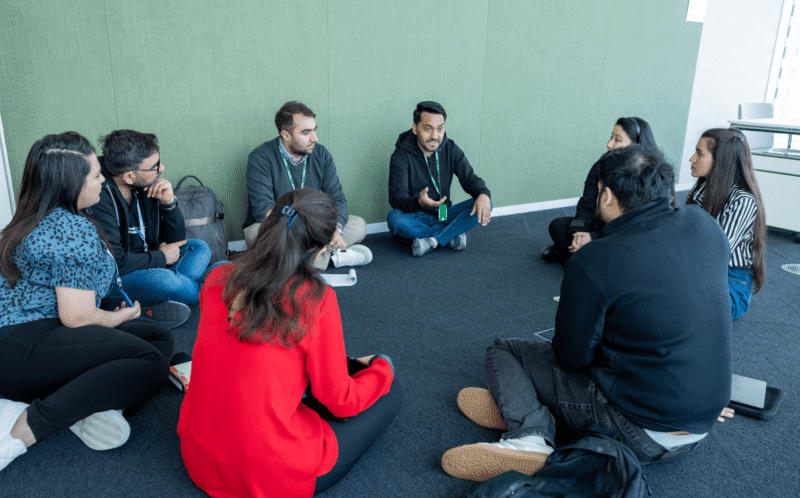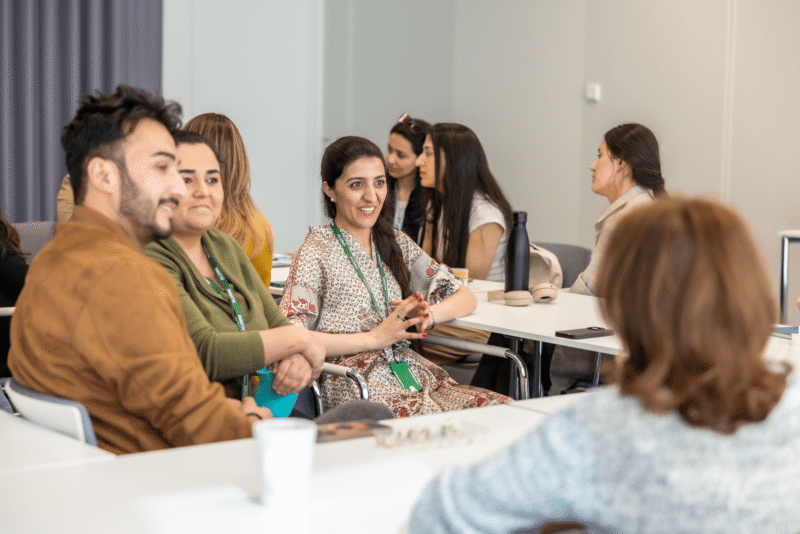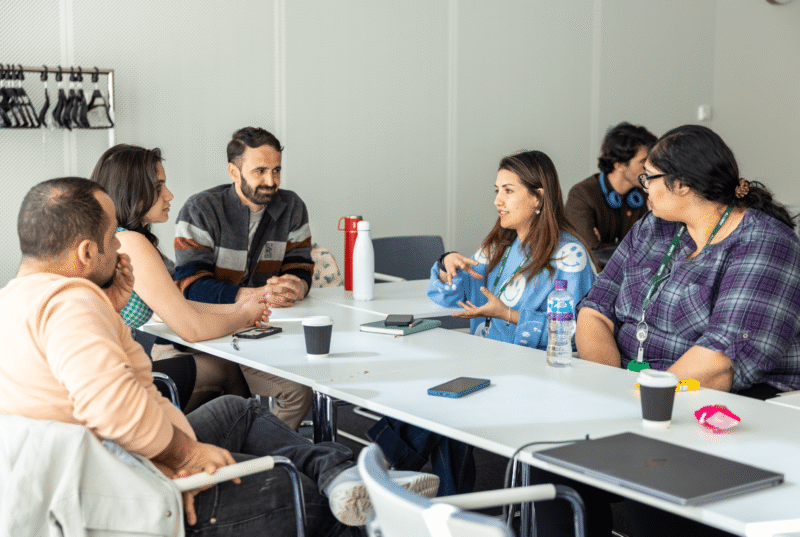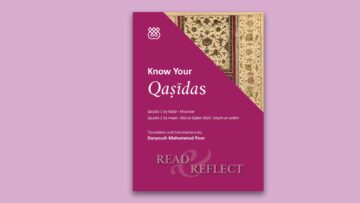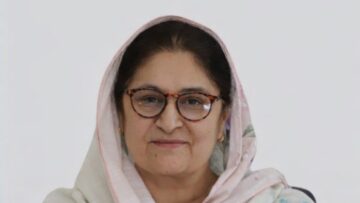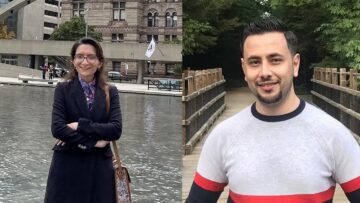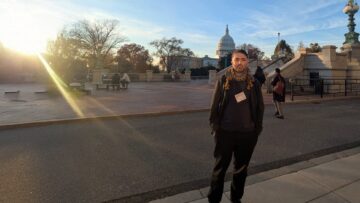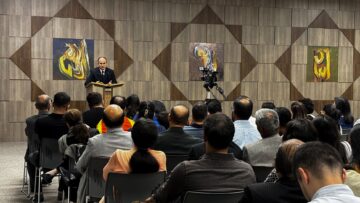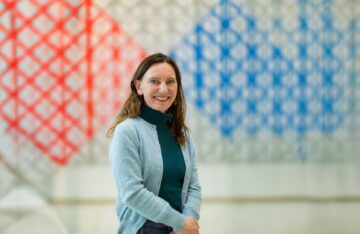This year’s graduating STEP cohort (C-15) returned to London after six months in the field for a week to participate in a Continuing Professional Development (CPD) programme and attend their graduation ceremony at the Ismaili Centre, London. Twenty newly qualified teachers participated, including one from C-12.
The theme for this year’s CPD programme, “Preservation and Creativity”, was designed to resonate with the continuity of the Ismaili Imamat, encouraging participants to “engage deeply with contemporary issues while staying rooted in our shared heritage”. The role of secondary teachers in inculcating spirituality and ethical values, along with critical thinking skills, in their students is integral to the flourishing of their communities. Their work transcends the traditional confines of the classroom, connecting their student communities to the wider Ismaili and Islamic community through the innovative civilizational and humanistic approaches of the IIS Secondary Curriculum.
Participants in the programme attended a series of workshops designed to celebrate and enrich their teaching experiences from the past six months . Sharing their pedagogies and strategies for creating fertile learning environments, the participants explored some of the most delicate aspects of religious education. Links were made with the graduates’ academic work over the past two years, and bridges were envisioned for their future careers as instructors and beyond. Each of the 14 facilitated sessions offered valuable insights: Dr Karen Bauer brought students back to their study of the Qur’anMuslims believe that the Holy Qur’an contains divine revelations to the Prophet Muhammed received in Mecca and Medina over a period of 23 years in the early 7th century CE. More, inspiring them to use their scholarly capacity to find innovative connections by focusing on what matters to today’s youth. Faheem Hussain ’s closing session on qawwali brought that lofty tradition of devotional music directly into the sensory sphere of the participants. Sessions on philosophy (Rafiq Ajani) and decolonisation (Dr Wafi Momin) launched discussions about the deeper aims of the curriculum.
In one of the most heart-warming episodes, the wizened C-15 teachers met with the current first-year cohort (C-17) to encourage, mentor, and answer the eternal question: “What would I have done differently, had I known what I know now?” With all its traditions, idiosyncrasies, and notorious intensity, STEP produces a unique chain of transmission—each cohort goes onto teach Ismaili students, some of whom will become their successors, as they contribute to the overall work of The Institute. This cohort has now found its place as part of our collaborative venture, and we are proud to call them our colleagues today.


